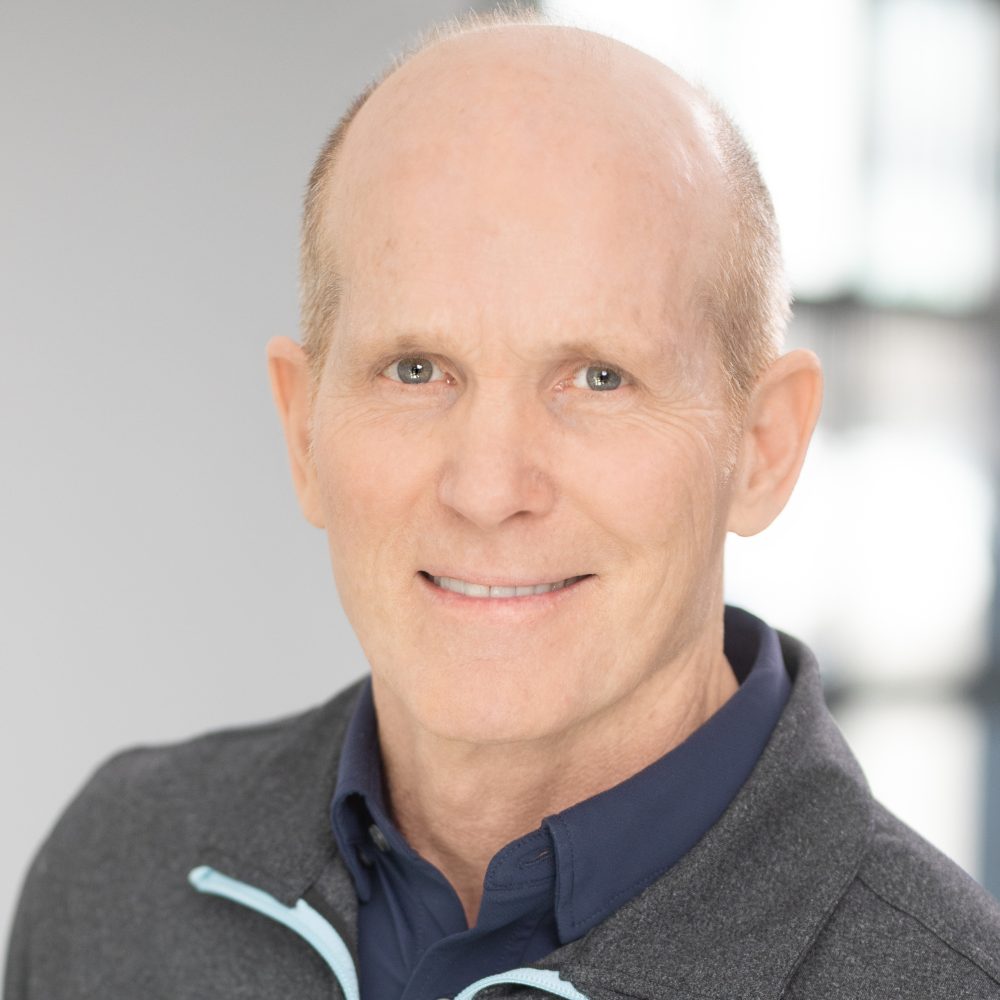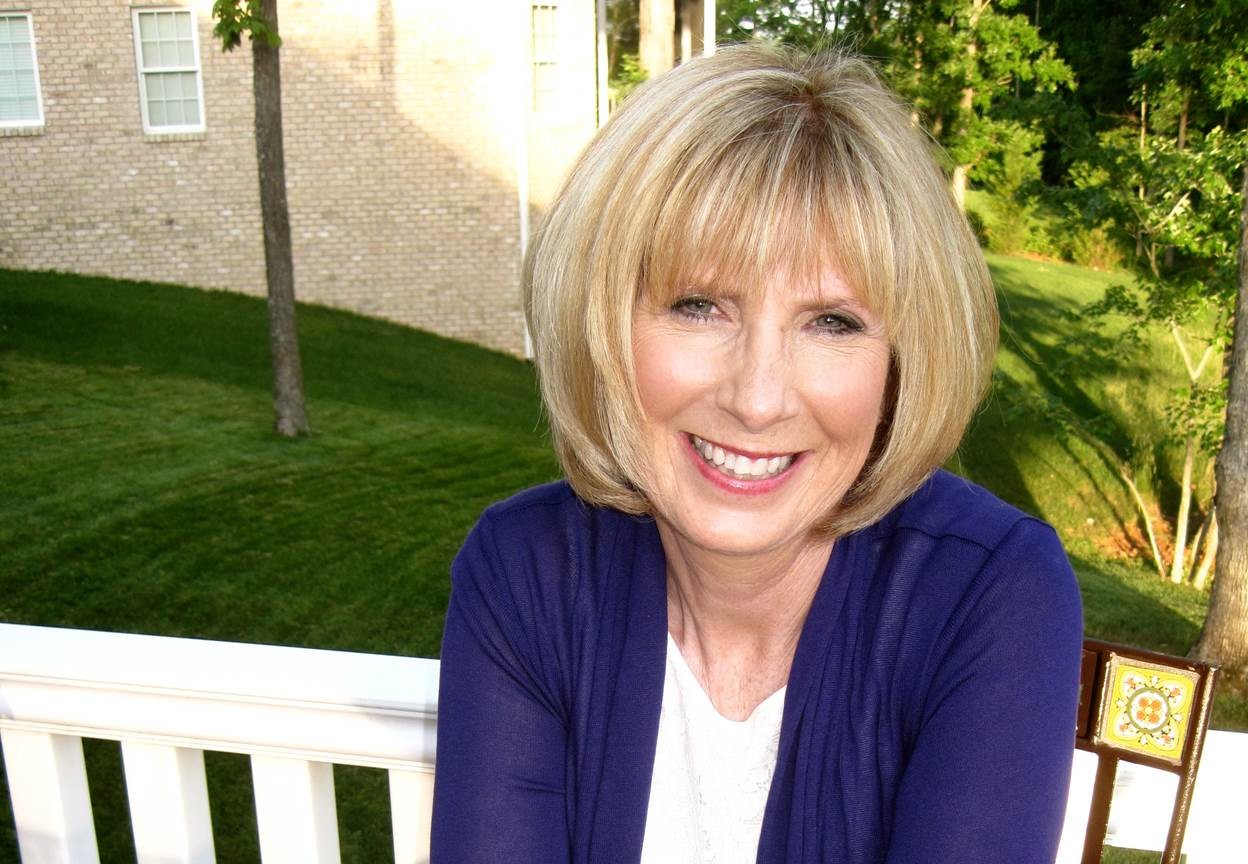Do you ever feel like you aren’t measuring up?
Do you ever feel like you don’t deserve your accomplishments?
Do your worry your friends will think you are a fraud?
Do you ever sense that you just don’t belong?
Despite your accomplishments and effort, you don’t believe your own record. If so, you may be struggling with something called “imposter syndrome.” It has to do with feeling like you don’t fit in, don’t measure up to the stereotype, don’t feel like you belong, and measure yourself by those around you.
At the root of this feeling is tremendous insecurity. It’s doubting your abilities and God-given talents.
Dr. Valerie Young wrote a book entitled The Secret Thoughts of Successful Women: Why Capable People Suffer from the Imposter Syndrome and How to Thrive in Spite of It. In her book, she identifies traits of people at risk for imposter syndrome. Here are a few of those traits:
- Perfectionism: Perfectionists don’t feel good about their work or accomplishments unless there is perfection; unless it is perfect. Anything less than perfect could lead to feelings of being an imposter. Perfectionists often worry about measuring up to some high standard.
- Expert: If you have to be an expert on something before you can speak into it, you can struggle with feeling like an imposter. You might feel exposed if you don’t get all the facts right. The idea here is that if you somehow don’t know something, people will see you as a fraud.
- Natural genius: People who are naturally smart and can do almost anything can struggle with imposter syndrome when a new task requires hard work. If the task doesn’t come easily, you feel like a fraud. In reality, you simply have to work at something to get good at it. But if your worth is tied to your natural abilities, this can be a problem.
- Soloists: The thinking here is if I have to ask for help, I am failure or fraud. If I can’t figure it out myself, I am weak.
If these traits represent you, take the opportunity to start accepting and embracing your capabilities. Don’t be derailed by imposter syndrome—it’s not healthy thinking and will prevent you from being the person God needs you to be. Stay humble, but be confident in the Lord who has equipped you to do the things he has put in your hand to do. Don’t allow fear to stop you from giving your best. You are not going to be “found out” by God or anyone else. You don’t have to “fake it until you make it!” Simply, work on achieving your full potential.







